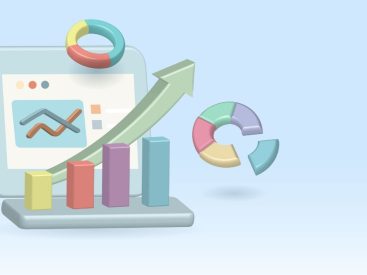When Australian Foreign Affairs Minister Penny Wong visited Dili last month, one of the projects she highlighted was the Timor-Leste South Submarine Cable . This is a positive contribution to Timor-Leste’s digital infrastructure. However, to fully realise the social and economic benefits of digital approaches, Timor-Leste will need to undergo an inclusive digital transformation. This will mean implementing clear policies on privacy, security and interoperability, developing digital skills equitably across the population, building cybersecurity awareness, and promoting user-centric and inclusive design. A recent report from the Asia-Pacific Development, Diplomacy & Defence Dialogue discussed the need for Australia to play a wider role in this process so that Timor-Leste can reap the benefits of digital transformation while building resilience against its risks. Technological change is one of the most critical issues facing Timor-Leste. Its strategic plan for digital development aims to ‘achieve a society where all can create and share value and contribute to the Digital Age and development of a digital economy’. It has an inclusive vision for a fully digitalised economy that enables younger generations to compete in the global market of work and development opportunities and provides better access to government services for vulnerable people. Australia’s immediate […]
Click here to view original web page at www.aspistrategist.org.au



